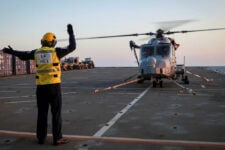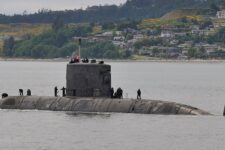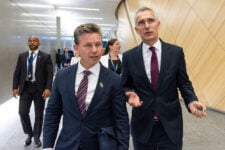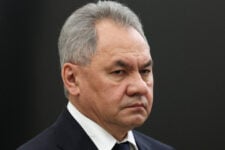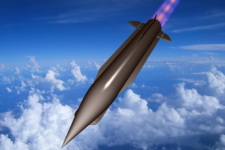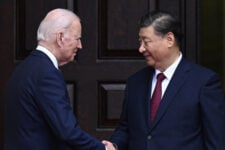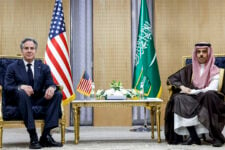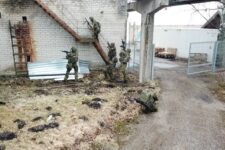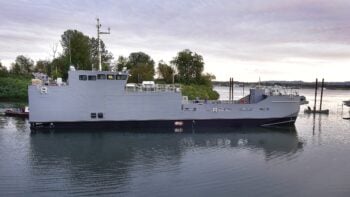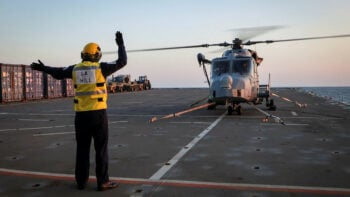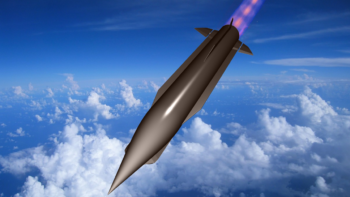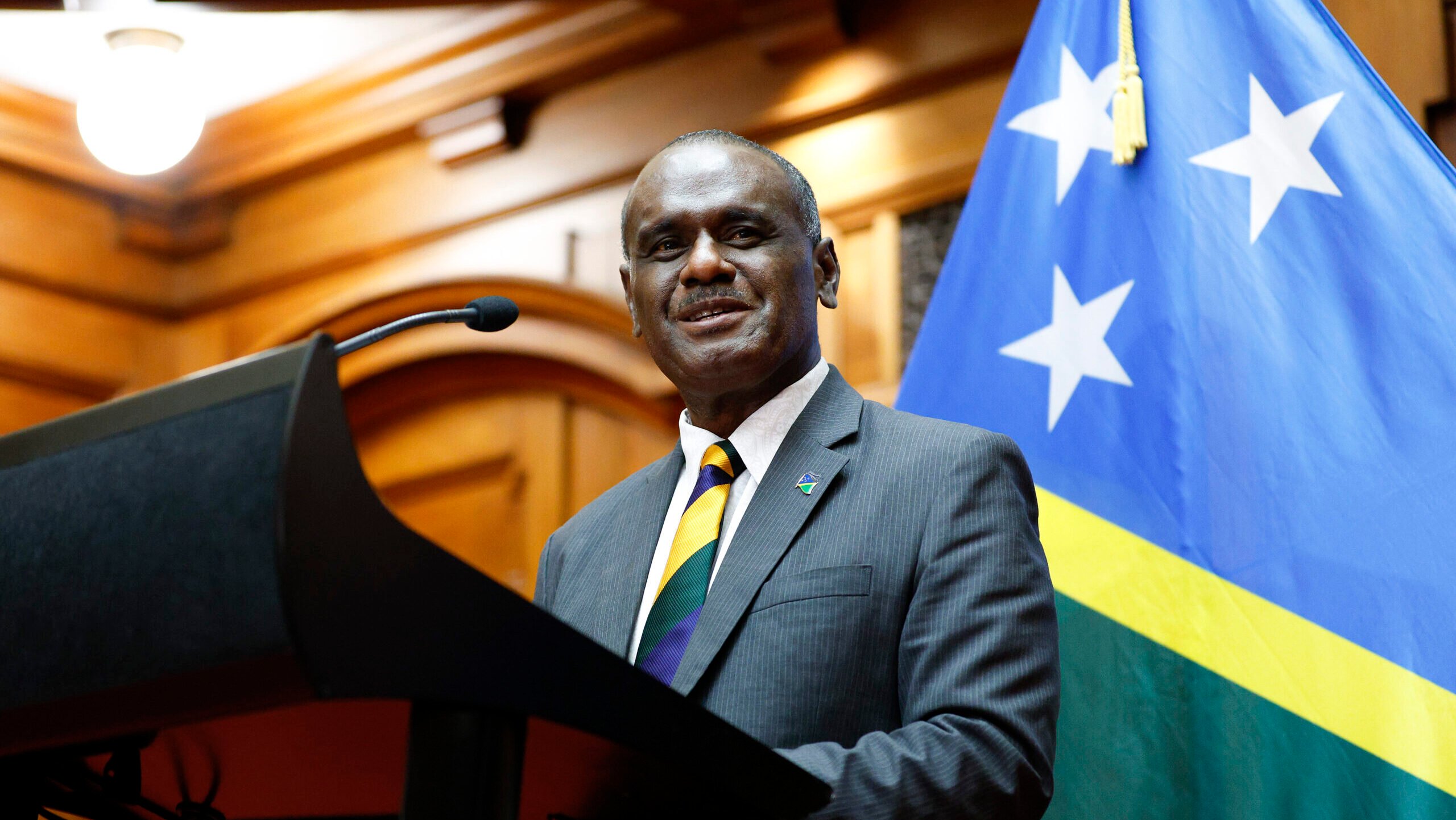
Solomon Islands then-Foreign Minister Jeremiah Manele speaks during a press conference at Parliament on October 04, 2022 in Wellington, New Zealand. (Photo by Hagen Hopkins/Getty Images)
SYDNEY — The new prime minister of the Solomon Islands in the Pacific appears unlikely to make major changes to his country’s foreign policy, having pledged to keep the “Look North” policy of working closely with China.
The former prime minister, Manessah Sogavare, who flipped the Solomons Islands foreign orientation from Taiwan and Australia to the Peoples Republic of China and signed a still-secret security pact with the PRC, has been replaced with an experienced government official, Jeremiah Manele, who also served Sogavare as foreign minister for five years.
The new prime minister possesses “the kind of knowledge and experience that is rarely seen among political leaders in Solomon Islands. It’s the best possible outcome in that respect, in terms of having a technocrat in the job, but it’s still a political job — and it’s, it’s the toughest political job there is there,” Mihai Sora, an expert on the Pacific Islands at the Lowy Institute here, told Breaking Defense.
By all accounts the election in the Solomons was peaceful and without major flaws. Sogavare made no attempt to hold onto power, withdrawing from the contest for prime minister when it became clear his coalition had not done terribly well in the vote.
“While Sogavare retained his seat in parliament, his party’s relatively poor performance in the election was seen as a rebuke of his record on key domestic issues, including addressing poverty and unemployment and improving healthcare and infrastructure,” according to Parker Novak, an expert on the region at the DC-based Atlantic Council.
Novak wrote that while Manele is likely to continue the Solomon’s embrace of China, he said the “more amiable” new PM “may seek to lower the rhetorical temperature and foster more constructive relations with Western countries.”
Sora, however, said that much of the election was likely more a question of domestic politics: newly elected independent MPs hoping to curry favor by voting for the new leader in hopes of better jobs and increased cash flow for their constituencies.
The former foreign minister has never led a government, and Sora noted that “in some respects, despite Manele’s deep experience in government, he is an unknown quantity. This will be the first time that we see him in a position where he can be directly responsible for the decisions the government takes. We haven’t had signals in any particular direction from him at this very, very early stage. He hasn’t even selected his cabinet yet.”
The independents’ motivation for supporting Manele “would most likely have been backing a winner and getting a shot at being in government and getting access to the privileges and benefits that that brings. There’s a huge differential for politicians, when they’re in government or when they’re in opposition,” Sora said. “So having that power at your fingertips is a very powerful device, a very useful device to retain the coalition.” Tellingly, the new prime minister “has apparently done a very good job of delivering through that development fund for his constituency.”
Australia and China are equally (and very) important 4/ pic.twitter.com/iFkvGYqIVC
— Stephen Dziedzic (@stephendziedzic) May 1, 2024
While the broad strokes of the Solomon Islands’ foreign policy is unlikely to change, it could soften. The first hint that Manele may nudge his country toward a more balanced approach than Sogavare took came in an interview with the Australian Broadcasting Corporation. He said it is to “important treat every and all of our partners as equals,” adding the distinction that “Australia, our closest neighbor, is equally important.”
Manele was a career diplomat and served in his country’s civil service at the highest levels before becoming a politician, so he understands the levers of government. But if there’s one politician to watch in the Solomons, it’s still Sogavare, who has served as prime minister for more than nine years over four terms since 2000.
“A question remains, though: What role will Sogavare play moving forward? The wily political survivor remains as a member of parliament and Manele will need to account for the four-time prime minister’s views and preferences,” Novak wrote. “Sogavare’s decision to bow out of the race on Tuesday may have been welcomed in Western capitals, but it is unlikely to be the last word from the Solomon Islands’ ‘master of mayhem.'”

